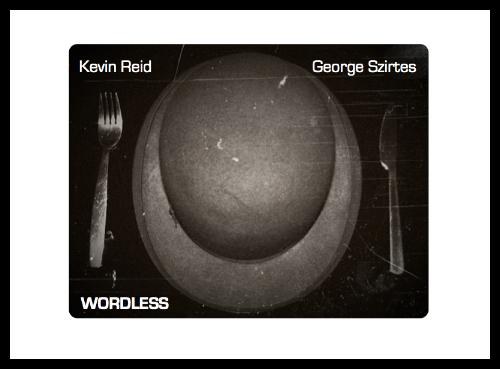ctrl+alt+del #5
-Reviewed by Rosie Breese-
ctrl+alt+del is a magazine that stands out. It’s delightfully compact, neat, and visually interesting, both in terms of the clean lines and generous spacing of issue five, and the busier layout of previous issues. It comes with online instructions for folding it into some kind of super-awesome origami shape. Its dedication to ‘different’ poetry is conscious and deliberate, as suggested by editor Rhys Trimble’s editorial statement, found on the magazine’s site:
‘some readers will consider this a trivial and possibly terrible DEVIATION in terms of amateurishness, IRREVERENCE honesty, willingness to fail & critical inexperience.’
This seems to anticipate some kind of opposition, some kind of backlash. It feels like a deliberate positioning of the magazine against old-fashioned attitudes, against the mainstream, against… something. In fact, it’s not clear what ctrl+alt+del is against, or who might be against it. Maybe that’s not the point. What ctrl+alt+del is for is a lot clearer:
‘…experimental, linguistically innovative & generally interesting modern/ postmodern poetry’
Great! So let’s look at the contents. I’ve chosen to focus on issue five here, being the most recent issue and presumably therefore the most representative of where the publication is at in terms of its range and scope.
The editor’s enthusiasm for the poetry he promotes is clear from his impassioned introductory statement, and it’s easy to see why he loves his work. A lazy afternoon with issue five of the magazine revealed some real diamonds. Among them, Stephen Hitchins’ incredibly evocative snippets of urban and suburban life:
‘…tv noise. paving crackles like
bracken kindling. puddles fizz.
gnat static sparks.’
(From ‘Alarm 2’)
These fascinating sound-and-image collages document the small happenings of daily life, building up a quiet sense of unease, a synaesthetic hyper-awareness of the tiny clashes that make up even the most banal suburban scene. There is no linear narrative; rather, there is a sense of a greater pattern, or a greater chaos, the roots of which we are left to guess at.
‘Linguistically innovative’ poetry takes many forms, and ctrl+alt+del seems keen to represent a varied and balanced range, from joyfully unpredictable prose rambles (Leanne Bridgewater), to the more academically-rooted prose/poetry mashup ‘delueze vs laetzu vs ed’ (Rhys Trimble), a piece that refers to texts outside itself, bringing up the idea of reader as editor.
There is an emphasis on visual experimentation: a confusing technical diagram of the ‘Universal Poem Machine’, as visualised by Andrew Nightingale, draws attention to the difficulty inherent in separating parts of the poetic process, whilst desolate light-and-shade photographs and a concrete piece by Sarah Edwards focus on positioning, gaze and visual backstory: the act of looking rather than the act of reading. Then there is the quiet drama of Iain Britton’s ‘gestures’, a poem as economical and as vivid as a five-minute pose sketched by a sure and experienced hand:
Finally, the engrossing compositions of Linus Slug draw on philology, phonology and visual traces of the writing process (ink splatters, crossings-out) to look at the utterance as process and result: snippets describing the motor aspects of speech are laid alongside short passages that are almost scientific in their tone and precision:

To sum up, what the magazine is for is more interesting than any controversy over its editorial values. Indeed, it’s these values – innovation, honesty, experiment – that have led ctrl+alt+del to discover some really interesting exciting artists and bring them to a wider audience. ctrl+alt+del is not only dedicated to promoting and distributing work from fresh and innovative poets; it’s an instrumental part of the process of sharing of ideas and ways of working that keeps poetry alive and vital. It’s part of a conversation rather than an anti-establishment polemic. It’s fascinating, it’s broad-minded, and what’s more, it’s generous: as all skint poets will be glad to hear, it’s free to download. Do so.



